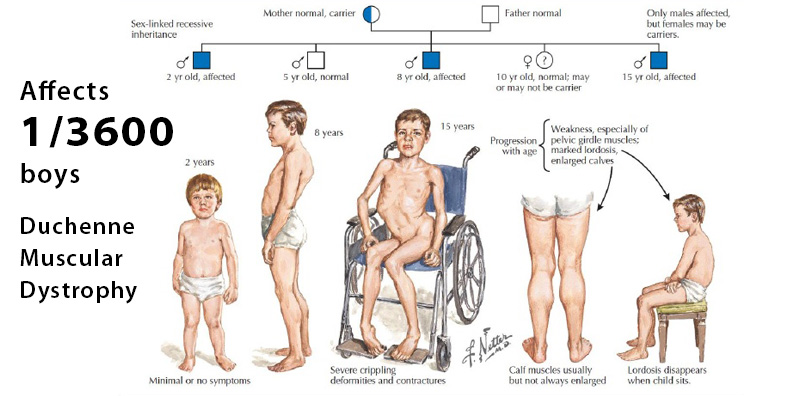
07:25 22nd May 2017 | Sex Discernment
Boy or Girl? Couples Infertility Parenthood Gender Preference FirstBorn Daughter Son Family Generation PGD Preimplantation X-linked Genetic Conditions Duchenne Muscular Dystrophy Turner Syndrome Embryo Biopsy Cells
It’s an age-old question that parents have had to face: would you rather have a boy or a girl?
Most couples, especially those who have battled with infertility, would agree that, in the end, the gender of their child doesn’t really matter.
Despite this, many individuals may harbour a secret wish (but not too serious) to parent one gender rather than the other, or in many cases, a healthy mix of the two.
While much has changed over the past few decades, having a boy seems to be a general gender preference within the African setup, especially in families that already have a fair number of girls, or a firstborn daughter.
There are many reasons for this, but continuation of the family name and having a man to watch over the next generation of the family are two oft-cited examples.
PGD and Sex Discernment
Although preimplantation sex discernment is considered controversial by many and in many countries the use thereof for gender selection (other than for medical reasons) is illegal, it has proven to be beneficial to families who do not want to pass x-linked genetic conditions on to their offspring.
If you are at risk of passing on an x-linked genetic condition to your children, sex discernment is the surest way of protecting your next generation. Examples of x-linked diseases include Duchenne muscular dystrophy that affects 1 in 3 600 boys and Turner syndrome that affects females exclusively. PGD is the most reliable form of sex discernment around, with an accuracy rate of between 97% and 99.9%.
Since it takes place prior to implantation, parents may feel more comfortable about making a difficult decision such as choosing an embryo that is unaffected by an x-linked gene over one that may be a carrier or is affected.
Available at Bridge Clinic in Lagos, patients who wish to embark on an IVF cycle can now opt for preimplantation genetic diagnosis (PGD) as part of their treatment process.
The procedure includes a biopsy of a few cells from an embryo on day 5 of development. After the genetic result is released, only the healthiest embryos will be transferred to the mother’s uterus.
Where to Go for PGD
PGD is available at Bridge Clinic, forming part of the Advanced Care range of treatments.
Those interested in finding out more about PGD, can read about it on our website send an email to enquiries@thebridgeclinic.com or call our national client centre on 01 631 0092.
Search by condition, treatment or keyword and conveniently browse our informative articles
Book an appointment online or search for a clinic close to you.
Book an Appointment